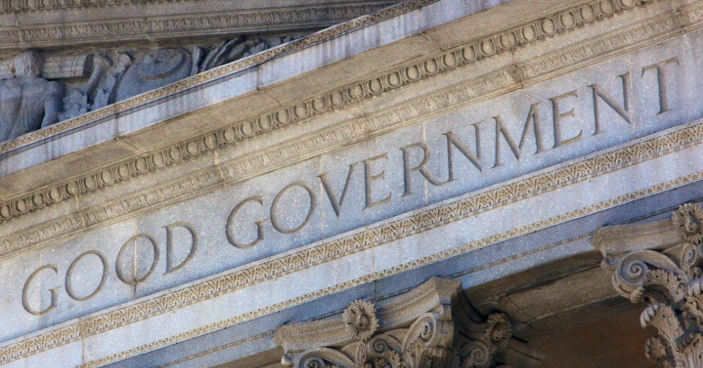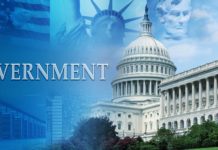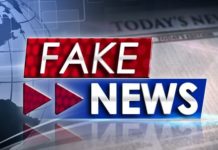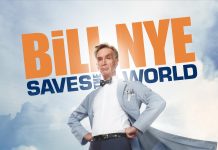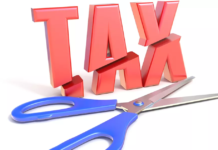In 1787, the newly formed United States of America realized they had a severe problem. Their governing document, the Articles of Confederation, simply wasn’t doing the job. Enacted before the Revolutionary War even ended, the AofC was a very loose set of rules for the then colonies, now States, to conduct business. It was a very weak national document, treating States nearly as individual countries. Remember the context here: the colonists were FIGHTING a strict, overbearing national government via England. They were as gun-shy to enter into another such union as could be expected. So, they drafted the AofC. It was so weak Federally, each State could print its own currency and assess tariffs on trade from other States! So, a Constitutional Convention was held in Philadelphia, from May to September 1787. The output of that Convention was the United States Constitution. This document sets forth the rules of governance of the new country: three branches of government (Executive, Legislative, and Judicial), along with setting limits, via ‘enumerated powers’, of what the new Congress could write laws over. For the first time in history, The People were considered the primary force, with government less powerful and important! How did they do? Let’s dig.
The context of the times is crucial to the evaluation of the Constitution. The original document, along with the first 10 Amendments, the Bill of Rights, was argued every direction possible! Pro and con arguments were published in the newspapers of the day—The Federalist Papers. Nearly every word came under intense scrutiny. Let’s just say there was NO accidental wording. But not only the wording and language of the times should be considered: the Founders and authors of the document were just as extraordinary. They were scholarly, learned people—most were true statesmen. They spoke multiple languages, understood philosophy and common law. They could quote John Locke at ease, so the concepts of what roles governments, courts, laws, and citizens should play in society was NOT a trivial topic in any way. Yes, they had flaws: some were slaveowners, some had other immoral lives. They were very human. And another sign of the times: they intended voters (and legislators) to be exclusively White, male, land owners. Those were expected to be the most likely to have ‘skin in the game’ of government. They were also likely to be the most scholarly and the most ‘in-tune’ with the issues of the day. It wasn’t until the 14th and 19th Amendments that non-White and non-male folks got voting rights. The assumption was also that the citizenry would be a moral, educated group.
In my humble opinion, the US Constitution, as drafted and as Amended, is the greatest political document in history. It attempted to restrain government, and enshrine liberty for The People (unfortunately, quite a bit later for women, minorities, and former slaves). The mechanism in place to change it is also quite a work of genius: it requires supermajorities in both houses of Congress, along with 3/4ths of the States to ratify a change! That was made intentionally difficult, as government was not intended to be a pervasive, large influence in most people’s lives.
Times have changed. Government has expanded well beyond its intended limits, to the detriment of freedom of its citizens. Congress can now write laws on virtually anything, as long as it gets a sympathetic Supreme Court to agree with them. That is why we have Federal laws regulating everything from how much water pressure your toilet uses to the ‘acceptable’ status of your health insurance policy. Federal Laws are frequently created that never see a vote of Congress, disguised as ‘administrative rules.’ The FDA, IRS, BATF, and others, are quite adept at creating rules with the force of law. And Congress is now a full-time career, not a ‘citizen representative body’, as intended. Congress’ history of self-policing is virtually nonexistent. ‘The People’, that were intended to be secondary only to the Constitution itself, are now far down the pecking order, WAY behind Federal, State, and local government.
What can be done to correct such things? My view: an Article V Convention of States. This would not be a free-for-all, Constitutional Convention. The only subjects that can be addressed are those that 3/4ths of the States agree upon. And to that regard, I have some specific ideas:
- EVERY office must have term limits, elected or appointed. Pick a number of years, but the idea of career politicians has damaged the very offices they hold.
- We must return Congress to its enumerated powers. Period. If it isn’t specifically stated in the Constitution, the 10th Amendment should win out.
- We MUST be able to prosecute Congressmen and Supreme Court Justices for violations of their oath of office. They are to uphold the US Constitution. Any law they propose, any legal decision that departs from that role is dereliction of duty, and should be cause for removal of office, if not criminal prosecution. Congress has NOT policed itself—it is our turn to do so. Congress needs to answer to The People, not the other way around.
- We, The People, need a vehicle for a national referendum. We need the ability to circumvent Congress if we want a law in place they do not want (like policing them). It should require the same supermajorities needed for a Constitutional Amendment, but the vehicle is needed.
- Congress can NOT exempt itself from the laws it writes. This is how we got to this untenable point, and needs to stop. Be it insider trading, lobbyist payoffs, whatever—legal is legal. Period.
- The 17th Amendment needs to be repealed. The States NEED a seat at the law-making table. Making Senators elected by popular vote just makes them ‘super House reps.’ The Senate needs to return to the deliberative body it was intended to be.
- I’m sure others can come up with viable, important changes. Feel free to add to this list.






